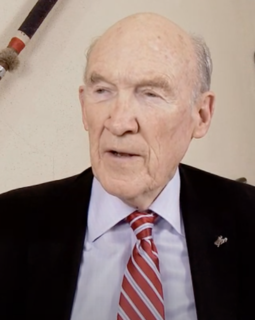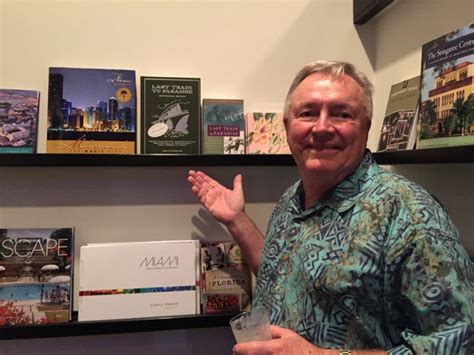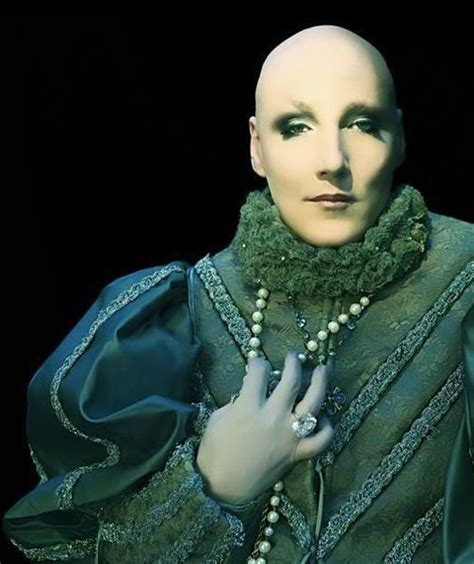A Quote by Elizabeth Olsen
And at NYU, I went to the Atlantic Theater Company, and they have two main points. One of them is to always be active in something instead of just feeling it. And the other is figuring out your character.
Related Quotes
I always did plays, and when I went to NYU - and I didn't go to Tisch, the theater school, because I was like, 'Well, acting's not realistic. You can't make a career out of it.' So I just studied general studies and humanities at NYU, but I was doing plays while I was there. So I was sort of cheating.
I think any filmmaker will tell you when they wandered from theater to theater to watch their prints, it was disheartening to see the poor levels of light and the disrespect for films that existed in certain theater chains. It was always inconsistent. And in the lab, too, the photochemical process was very difficult to watch, because sometimes they were shipping prints that you didn't even know were two points off or three points off. We suffered greatly to make these films, and they'd be out-of-focus, with the sound too low.
Never open your story with a character thinking, I advise my students. As a further precaution, don’t put a character in a room alone – create a friend, a bystander, a genie, for God’s sake, any sentient creature with whom your main character can converse, perhaps argue or, better yet, engage in some action. If a person is out and doing, it’s more likely that something interesting might happen to her or him. Shut up in a room with only his thoughts for company well, that way lies fictional disaster.
Let's take something like antidepressant medications. There's decent science saying it has an effect, but it's shockingly small after you control for penetration of the blind, people knowing that they're getting the active pills versus sugar pills, if you use an active control. It's probably only a few points. But it's a multi, multibillion-dollar industry. And by the way, has huge side effects. 40 percent of the people taking them have significant sexual side effects. And that's just one. A single antidepressant medication can be worth a billion dollars to a company.
In the biographical novel, there's only one person involved. I, the author, spend two to five years becoming the main character. I do that so by the time you get to the bottom of Page 2 or 3, you forget your name, where you live, your profession and the year it is. You become the main character of the book. You live the book.
If I write a character, instead of looking from the outside, like maybe a journalist would, trying to describe them physically and figuring out what kind of things they might be interested in or have in their house, I don't really do it that way. I try to feel what it would be like to be inside this person, to be them.
I've always had great satisfaction out of writing the plays. I've not always had great satisfaction out of seeing them produced-although often I've had satisfaction there. When things go well in production, on opening there's no nicer feeling in the world-what could be nicer than watching an audience respond? You can't that from a book. It's a fine feeling to walk into the theater and see living people respond to something you've done.
Some people make you feel better about living. Some people you meet and you feel this little lift in your heart, this 'Ah', because there's something in them that's brighter or lighter, something beautiful or better than you, and here's the magic: instead of feeling worse, instead of feeling 'why am I so ordinary?', you feel just the opposite, you feel glad. In a weird way you feel better, because before this you hadn't realised or you'd forgotten human beings could shine so.




































